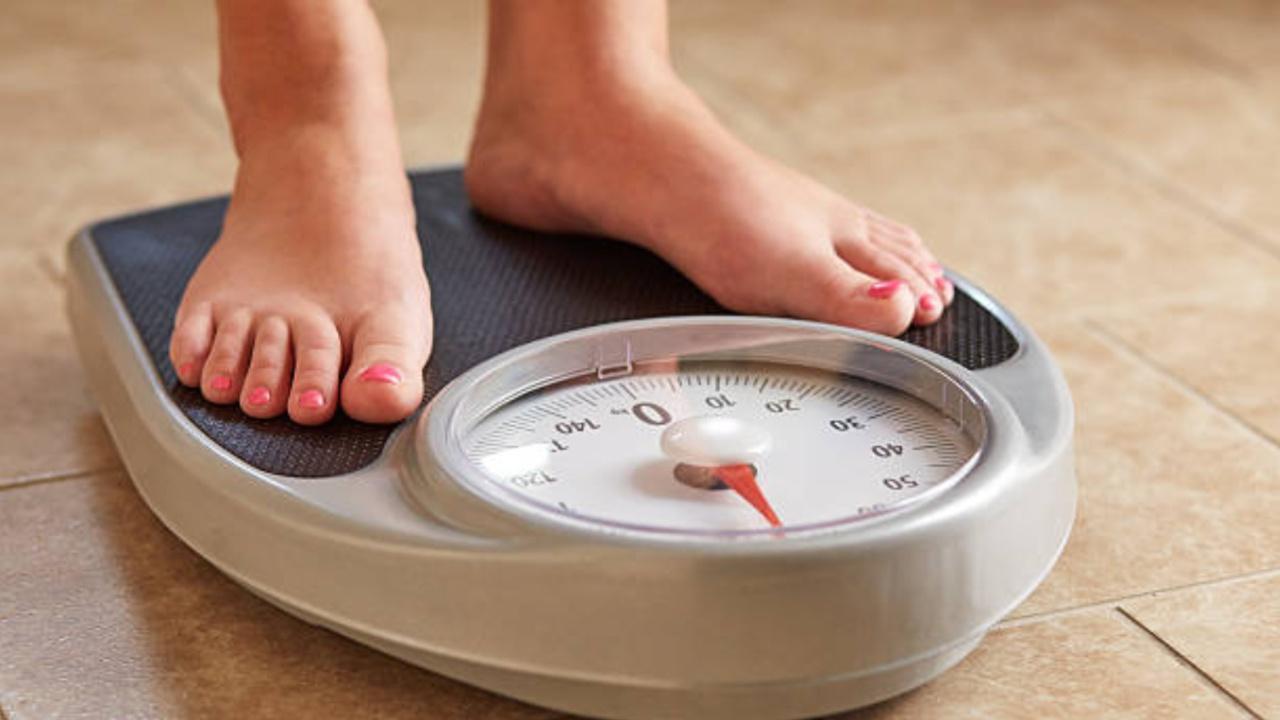Obesity is the mother of all metabolic, mechanical and mental diseases, including cancer, type 2 diabetes, hypertension, arthritis, anxiety and depression. An unhealthy lifestyle remains a top cause of obesity in a majority of Indians

Image for representational purposes only. Photo Courtesy: iStock
Dr Shashank Shah, bariatric surgeon, and former President OSSI, (IEF), (AIAARO), along with Dr Neeta Rohit Deshpande, endocrinologist and obesity physician, co-authored a recently published paper in the Journal of the Association of Physicians of India (JAPI) submitting new obesity guidelines based on associated conditions and not BMI alone.
ADVERTISEMENT
The new guidelines need immediate action and implementation by all medical experts and associations of the medical fraternity ahead of the new year 2024.
Obesity is the accumulation of excess body fat to the extent that it presents a health risk. According to a recent nationwide cross-sectional study that evaluated data from 100,531 adults in a randomised cluster sample across India, the prevalence of obesity in the country is 40.3 per cent, with a higher incidence among women, urban populations, and individuals aged over 40 years. The highest incidence was reported in South India (46.51 per cent) while the lowest was in East India (32.96 per cent). It has been predicted that the prevalence of obesity will triple by 2040 among Indian adults aged 20 to 69 years.
In parallel to the increasing obesity rates, the burden of diabetes is also high and increasing globally, mainly fueled by unhealthy lifestyles. Estimates from 2019 showed that 77 million individuals had diabetes in India, and this number is expected to rise to over 134 million by 2045, with approximately 57 per cent of these individuals remaining undiagnosed.
Shah, stated, "At the international level, these new guidelines have already been implemented and treatment of obesity is based on associated problems. India is known as the diabetes capital, and it is home to a majority of the young population in the world.
The ills of obesity and overweight have reached pandemic proportions across the globe today, and India is no exception. This condition is the mother of all metabolic diseases, including cancer, type 2 diabetes, hypertension, etc., and mechanical disorders such as arthritis of the knees, not to mention mental disorders such as anxiety and depression. The economic burden to the individual, community, and the country can be enormous."
Body mass index (BMI) is commonly used to define obesity. According to the guidelines, in India, a person is considered overweight when their BMI is between 23-25 kg/m2, while a person with a BMI over 25 k/m2 is considered obese. However, the Indian population is prone to developing excess fat accumulation around the waist, especially around the internal organs such as the liver and the pancreas. This can be the starting point for metabolic diseases such as diabetes, also known as visceral obesity or abdominal obesity.
Physical inactivity and ageing are significantly associated with obesity in India. Abdominal obesity in women typically develops during the third and fourth decades of life. Unfortunately, the Indian population that has abdominal obesity and metabolic syndrome is at a higher risk for cardiovascular disease, irrespective of their body mass index, informs Shah.
A classic example of why this kind of grading of obesity is important is because we see many patients with diabetes with a lower weight. Let us take a 45-year-old lady, with a weight of only 67 kg, and height of 152 cm (five feet), BMI of 30 kg/m2. She had severe diabetes, neuropathy, sleep apnea, severe joint pain, and osteoarthritis of both the knee joints limiting her daily activities because of pain. She had breathlessness, was on insulin, and her relationship with her husband had also been disturbed, and she was emotionally extremely depressed. If you look at her with a weight of 67 kgs and BMI of 30 kg/m2, with the present classification she does not come under a grade of severe obesity, but if you look at our present grading system, her metabolic, functional, and psychological disabilities are extremely severe so she would be called a patient with grade 3 or severe obesity and would deserve aggressive treatment, maybe in the form of metabolic and bariatric surgery.
The lady underwent surgery, her diabetes was resolved, her pain resolved, and breathlessness resolved. She started living a normal life, her functional capacity increased, her psychological confidence improved, and her metabolic disorders also improved.
Such patients require more appropriate and more aggressive treatment, and this guideline would do justice to people, who otherwise are not considered severely obese, said Shah.
Bariatric surgery is the last resort for those battling obesity when diet and exercise fail. In 2024, it is important to follow the updated bariatric surgery guidelines to determine eligibility for the procedure. The following people are eligible for bariatric surgery:
- BMI of over 35 kg/m2 with or without any comorbidities related to obesity
- BMI above 32.5 kg/m2 with more than one comorbidity related to obesity
- BMI of over 30 kg/m2 with more than two comorbidities related to obesity
- BMI of over 27.5 kg/m2, with uncontrolled Type 2 diabetes despite treatment
- Women with a waist circumference (WC) of over 80 cm and men with a WC of over 90 cm, who have comorbidities related to obesity.
Disclaimer: This information does not replace professional medical advice. Consult a qualified specialist or your physician for personalised guidance.
 Subscribe today by clicking the link and stay updated with the latest news!" Click here!
Subscribe today by clicking the link and stay updated with the latest news!" Click here!







